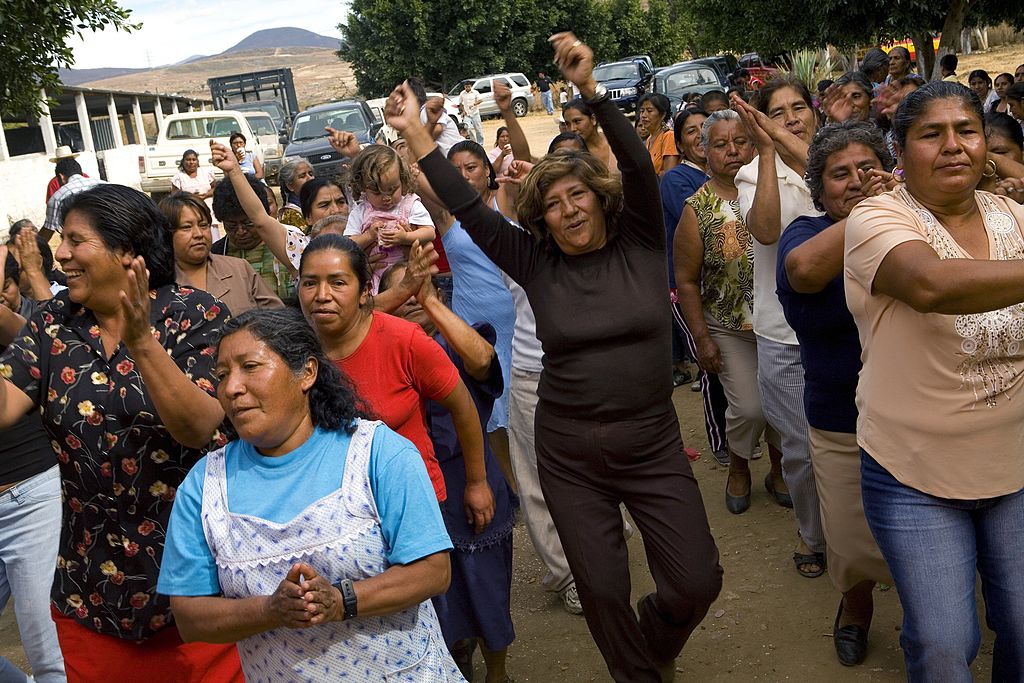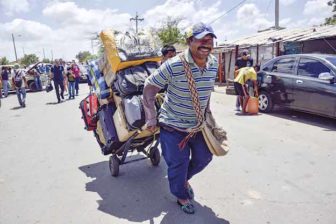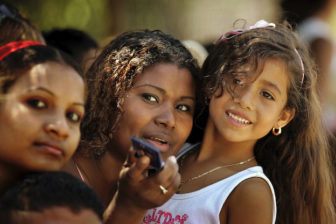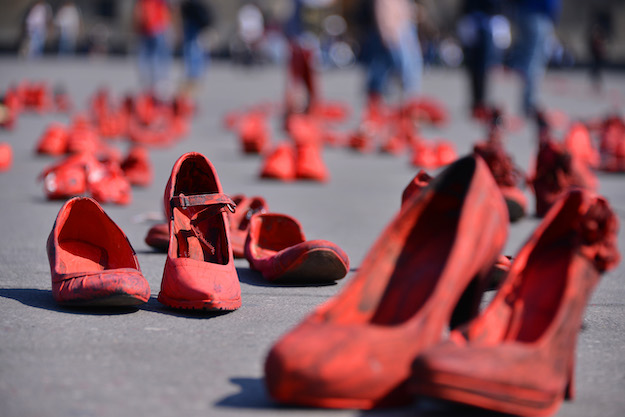The full social and economic impact of the coronavirus in Latin America is of course uncertain. But there’s a lot we do know.
First, is that the economic challenges that had shaken the region’s societies in the months before the outbreak are going to be exacerbated because of it. ECLAC estimates at least a 1.8% reduction in regional GDP this year — as a very optimistic projection — and an increase of at least 10 percentage points in unemployment. They project that the number of people living in poverty will rise from 185 million to 220 million, and from 57 million to 90 million those living in extreme poverty. In the meantime, the issues that recently led to mass protests, civil unrest and strikes in Chile, Ecuador, Bolivia and other countries are not going away.
If Latin America hopes to recover – and build stronger, more inclusive economies in the future – one key area of focus should be unleashing the power of increased women’s labor participation and its potential effects on GDP.
Women make up half of the global population, but are responsible for 37% of global GDP, according to Mckinsey. The gap may be even more dramatic in Latin America, where, in addition to have a smaller overall presence in the workforce compared to men, women also face limited opportunities to start new businesses and generate growth.
According to Mckinsey’s calculation, Latin America could increase GDP by 14% over the next five years simply by better incorporating women to the work force. It’s easy to imagine what that extra $2 trillion would mean for the region’s reconstruction efforts. But to make it happen, governments need to design innovative financial mechanisms to facilitate credit for more women; increase opportunities for women to join the labor force by instituting better support systems for family care; and demand that private sector actors commit to equal pay. These and other measures like them would create jobs and reduce poverty, and help address the underlying social and economic ills facing the region.
Some of these measures are already underway. Over 800 Latin American and Caribbean businesses have signed the Women Empowerment Principles (WEPS), which will help guide the private sector in better promoting gender equality and empowerment. Major financial institutions in the region have also begun to focus on so-called Gender Impact Investment by designing financial products geared specifically to women. And recent studies suggest that companies that have incorporated larger percentages of women on their boards and management teams perform better those that have not.
Challenges remain. Though many women in the region are educated, the fact that they are the default providers of child care as well as elder care hinders many in their efforts to join the workforce. Historical barriers such as land tenure, male control over assets and decision making, and limited credit history are additional barriers. Financial institutions and the private sector are therefore essential in bridging the game, and policymakers looking to re-think and adapt economic policy in the light of the coronavirus should be sure not to perpetuate biases and hurdles that rob societies of too many women’s potential contributions.
We have within our reach a chance to enhance our quest of closing development gaps by increasing the ranks of those in the work force despite – or perhaps especially because of perhaps – the current crisis. Reconstruction will need every hand and every mind. The question is how fast can we turn the key, actively fostering the incorporation of women in the economy. I strongly believe that those governments that do so the fastest will reap the greatest rewards.







